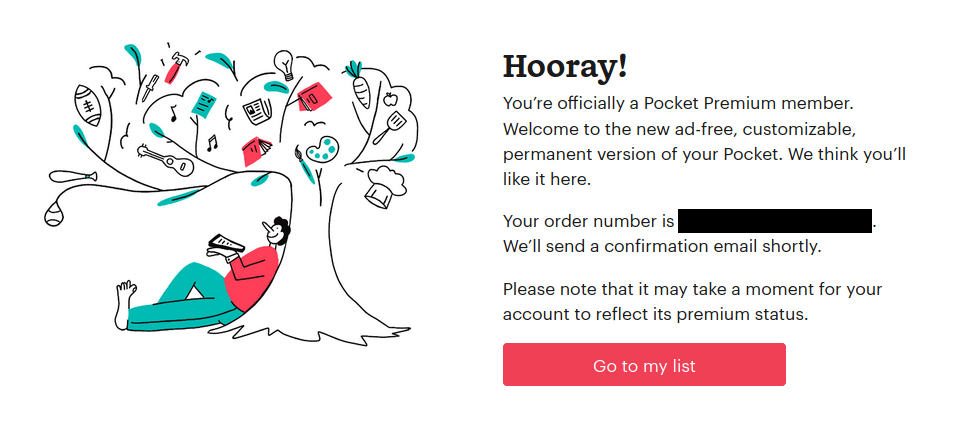With Mozilla Corporation laying off about 350 employees since the beginning of 2020, things don't look bright for Firefox, the only cross-platform browser providing any alternative to Google's Chrome(ium) monopoly. While they're not going away for the next few years at least, I believe it is also clear that they need to diversify their income pretty urgently. Here's how I hope to see them bouncing back.
Mozilla Foundation vs. Mozilla Corporation
Since I see the confusion around this happening way too often, I want to start off by explaining the difference between the Mozilla Foundation (MoFo) and the Mozilla Corporation (MoCo).
MoCo was created as a subsidiary of the MoFo almost exactly 15 years ago. It's in charge of developing all the Mozilla's products: Firefox, Pocket, and others. All of its profits are going straight to MoFo, and nobody else owns any part of it (no other shareholders, no stocks, no dividents).
This structure allows MoCo to pursue business partnerships and deals that are hard or impossible to do in a non-profit, but as a consequence, you can't donate money to a corporation. That's why the donations to Mozilla go to the Foundation, which mostly does advocacy, finances fellowships, and similar, meaning that you can't donate directly to the Firefox development.
How you can give money to the Mozilla Corporation today
MoCo currently has three B2C (business-to-consumer) products that you can purchase.
The oldest of them is Pocket Premium ($4.99/month). While Pocket is definitely more than usable without paying anything, it has some features that are exclusive to its premium members. Since Pocket is owned by the MoCo (which is itself owned by MoFo), money spent towards its premium account counts as a revenue gained by the corporation that's in charge of developing Firefox.
The second B2C product a newly-released Mozilla VPN (also $4.99/month), currently available in only 6 countries (the US, the UK, Canada, New Zealand, Signapore, and Malasyia), though that list should expand later in the year.
The last one is Firefox Private Network ($2.99), which is more like a proxy than a VPN. If you decide to use it, all of your Firefox traffic gets routed through some Cloudflare server (you can't choose your location like you can with a VPN). It's currently only available in the US.
All in all, Mozilla would need quite a large amount of paid users to support their development. Then there are other smaller, free-to-use products:
- Firefox Monitor , which checks if some of your email addresses were a part of some breach (in cooperation with Have I Been Pwned ).
- Firefox Lockwise , which is a password manager rivalling the likes of Bitwarden, LastPass, 1password, etc.
- Firefox Send , which is an end-to-end encrypted file sharing web service. (Note: at the time of writing this, Mozilla shut it down because it was increasingly used for Malware transfer, but they're planning on bringing it back online.)
- Firefox Notes , an experimental end-to-end encrypted note taking app that allows you to take notes on your desktop and your Android/iOS device.
I've seen many people suggesting that Mozilla Corporation should abandon these smaller projects to focus exclusively on Firefox. I, however, believe that they should double down on these smaller projects.
The service pack
I could see a future in which Mozilla has a bunch of freemium online services that would enhance the online experience of its users. Similarly to Pocket, they could add more features to these smaller projects and hide some of them behind a paywall.
I could also see them bundling those premium features together across products into one service pack behind the Firefox brand, effectively making a Firefox Power Pack.
Firefox, on its own, would still be free and open to everyone to use with no payment necessary, but you can optionally boost your online experience and support Firefox's development by paying for the app pack.
The biggest advantage of this approach is that they could charge more than their currently do in their B2C products. Throughout the years, I've payed $13-20/month for the services that Mozilla's already offering. If I were to switch all of those subscriptions to a brand I can get behind, I can see myself paying quite a bit for them.
- I'd pay $15/month right now if there was an option to do that.
- I'd pay up to $25/month if they double down on this approach and offer more features across their current services.
Since I can't do that today, the least I could do is re-subscribe to Pocket Premium, which I have proudly done while writing this:

Unfortunately, the country I'm in right now is not currently supported by their other B2C products, so please Mozilla, take more of my money!